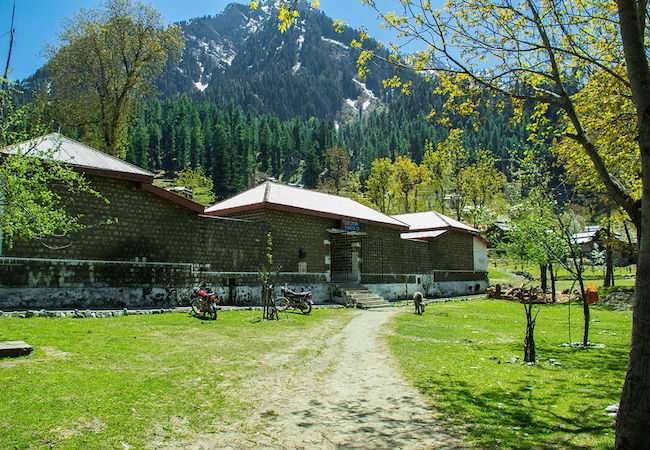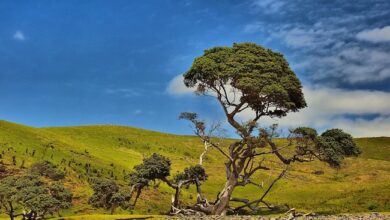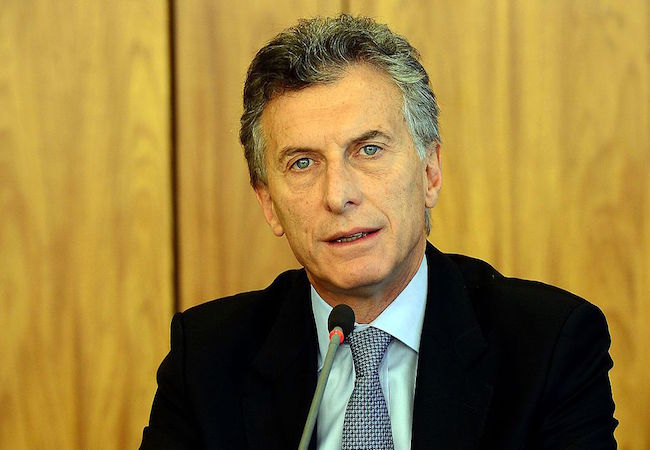India launches several development projects in Kashmir

Jammu and Kashmir (J&K), a union territory of India caught in the cross-fire of civil-strife for several years, has witnessed tremendous development in the last year with new highways, state-of-art hospital facilities, educational institutions and resorts coming up in different parts, said outgoing Jammu and Kashmir’s Lieutenant Governor Girish Chandra Murmu this week. Many high-profile projects, long-delayed first by violence and then by the coronavirus epidemic, are now underway with great speed and determination.
Murmu said that these development projects will link far-flung villages with the mainstream, connect millions of people to better opportunities and prosperity and transform Kashmir into a sought after destination for tourists as well as entrepreneurs. The region is witnessing rapid growth a year after the government of India revoked the special status of the erstwhile state and also announced its division into two Union Territories — Ladakh, and Jammu & Kashmir, on Aug. 5, 2019.
Emphasizing the participation of the people of Jammu and Kashmir in this development, a statement released by the Indian government said that the changes in the Union Territory have taken place with the extraordinary participation of the people. Moreover, the administration prioritized the development of the region with youth-oriented programs. The focus of Jammu and Kashmir administration has been on youth and economic revival. It has turned its attention on social sector development and skill development and employment.
The statement said that the discriminatory and unjust state laws were either repealed or modified and more than 170 central laws were made applicable which include progressive laws like the right to protect scheduled castes, schedules tribes, forest dwellers, juveniles and the aged. The Indian Union government is now sharply focusing on schemes aimed at individuals, such as scholarships or houses, in the Union territories of Jammu & Kashmir and Ladakh, in an effort to push its development narrative in the region.
Recently, India’s cabinet secretary Rajiv Gauba chaired a meeting on social schemes for the two new union territories. According to two officials who attended the meeting, it was decided that the schemes must see 100 percent coverage with no potential beneficiary being excluded for lack of funds. The meeting, attended by Indian government’s secretaries of home affairs, minority affairs, tribal affairs, rural development and officials from Jammu, Kashmir and Ladakh focused on the two main issues involved — challenging conditions on the ground and the financial implications of covering everyone.
The emphasis on schemes that touch individual beneficiaries comes from the belief that this will have a perceptible impact on the ground, and highlight the government’s intent on the development front to residents. Indeed, this has been one reason consistently put across by the government to support its decision of August 5, 2019 to scrap constitutional provisions that had given the erstwhile state of Jammu & Kashmir special status and its citizens special privileges — the ability to ensure people in the region benefit from welfare schemes as much as those in the rest of the country have.
“Proper implementation of individual schemes can directly improve people’s lives,” said the statement. Individual beneficiaries have been a key element of the National Democratic Alliance government’s social schemes and the ruling Bharatiya Janata Party made special efforts to reach out to them through dedicated campaigns and interactions. According to data provided by the National Scholarship Portal, Jammu and Kashmir has received 517,000 new proposals for pre-metric scholarship in the academic year 2019-20.
Similarly, as on February 26, 2020, against a total target of building 62,932 houses for the rural poor in the region, a total of 36,780 have been sanctioned and a large number of them have been completed, according to the data available with the rural development ministry. It has also been decided that the schemes such as scholarships, gas connections under the Ujjwala program, and housing for the poor must start with a 100 percent offtake with complete enrolment and funding.
Former rural development secretary Jugal Kishore Mohapatra underlines that Jammu and Kashmir has very low poverty indices and so the welfare programs are being focussed on skill development and employment. “Livelihood programs would do very well in J&K and I remember in his first Pragati meeting with secretaries, Prime Minister Narendra Modi had reviewed J&K livelihood program and sought its continuation. While some schemes such as housing or scholarships must target individual beneficiaries, entry point for livelihood schemes has to be in groups,” Mohapatra added.
The report further said that the situation in Jammu and Kashmir is calm and has returned to normalcy as the Indian government has been extending all support to help the people with new welfare projects and plans. A statement released by the Indian Ministry of Foreign Affairs said that “lives of hundreds of thousands of men and women across the Kashmir valley have been transforming for the better by innovative and diligently implemented programs adopted by the new union territory.”
“These include schemes for the old-age pension, merit scholarships for students, supplementary nutrition for lactating mothers and pregnant women, and for keeping thousands of children safe and healthy staying at public and private orphanages,” said the statement. Also, all the residents can reap the benefits of a comprehensive and free medical health insurance. The result has been a phenomenal rise in the happiness index in the region, which has been in the news for violence all these years.
Ever since the erstwhile state was reorganized as two union territories, one that of Jammu and Kashmir and another of Ladakh, on August 5, 2019; a flurry of new social welfare schemes have been pursued with diligence by the respective local authorities. The Union Territory celebrated the first years of its foundation on August 5 this year. The majority of the beneficiaries include senior citizens, young students, women, and orphans. Even transgenders can now avail of pensionary benefits from this year.
More than 800,000 people have benefited from pension distributed under the Integrated Social Security Scheme (ISSS) Scheme. In the Kashmir division, their numbers total 320,000. In addition to these, another 170,000 persons, of which 85,000 are from Kashmir, have added to the list of beneficiaries this year. Those who have not been covered under the scheme have been included in the National Social Assistance Program (NSAP), a centrally sponsored scheme where the pension is directly credited to their bank accounts.
More than 150,000 persons have benefited from this scheme. The beneficiaries have been given an additional Indian rupees 500 per person in addition to their regular pension this year. These beneficiaries include widows and persons with disabilities. The number of beneficiaries is being increased to cover a large number of widows, senior citizens, and physically challenged persons in the union territory. The number of such beneficiaries now stands at 7,42,950.
These are in addition to a free health insurance cover of rupees 500,000 per family per year on a floater basis and there would be no restriction on family size, age, or gender. They will have access to 20,853 (public and private) hospitals across the country and avail benefits with facilities of inter-state portability. About 159 (public and private) hospitals in the union territory are impaneled at present. The insurance will cover 1,469 medical and surgical packages/procedures including fatal diseases, such as cancer and kidney failure.
The statement further said that the number of scholarships of students in Kashmir valley has been increased across all spectrums. For instance, students from poor families, minorities, economically backward classes, manual scavengers, and sweepers are benefiting from various scholarship schemes. There has been a 250 percent increase in the number of such students with over 800,000 students in the union territory, of which 550,000 are from the valley. To date, about 600,000 students have been awarded pre and post-matric scholarships. Special emphasis in terms of aid and assistance has been given to children living in institutional care.
During the COVID 19 pandemic, local authorities have been quick to procure masks, sanitizers, and hand wash items for children with special grants. A special committee has also been set up to monitor the health of children and ensure easy access to medical care and healthy nutrition. A special helpline (No.112) has been set up to help women affected by domestic violence and other distress situation. Besides special funds have been provided to supply rice for three months. Surely, times are changing for good in the Kashmir valley and for its people.




